March is Nutrition Month, and this year’s theme from Dietitians of Canada is “Ingredients for a Healthier Tomorrow.” The focus is on all types of “ingredients” to improve our food systems, including food sovereignty, food security, and sustainable food choices.
For many dietitians, food is a passion, both at work and outside it. I was curious to know what steps my fellow dietitians in Northern BC might be taking to support more sustainable food systems. Read on and be inspired!
The Seventh Generation Principle
While “sustainability” is a term we may hear more often these days, Marissa reminds us that this is not a new concept.
“Sustainability and the Seventh Generation Principle - Indigenous peoples have been living this way since time immemorial. Practices such as taking only what we need from the land, using the whole animal, and building that spiritual, emotional, and reciprocal relationship with the land, water, and air. I take inspiration from the teachings of Indigenous peoples, and try to apply these principles in my day-to-day life.”
– Marissa Alexander, Prince George, Northern Regional Dietitian, First Nations Health Authority
Start with waste
Not sure where to start? Consider your food waste. In this case, local programs can help.
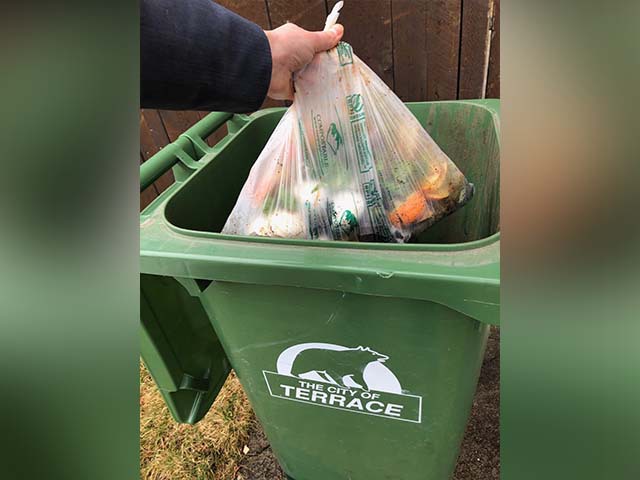
“Being new to Terrace, I’m grateful for the city’s curbside organic collection program, which wasn’t available where I used to live. Along with my backyard compost, it feels good to have another option for my food waste.”
– Lana Pestaluky, Terrace, Healthy Settings Advisor, Northern Health
Get creative…with worms?
No local composting options in your area? You might try vermicomposting – composting at home with worms!
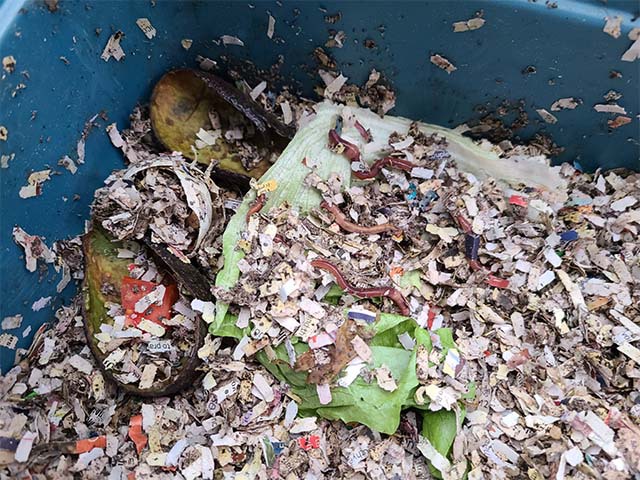
“My worm bin has been a fun way to bring composting into my life, even while I was living in an apartment. The idea of keeping worms in my house seemed a bit weird at first, but I quickly got used to it and they’ve been going strong now for 12 years. (Bonus: because the worms reproduce, I’ve been able to share some with friends and family to help them start their own worm bins.) I take the compost that is created from my food scraps and add it to my plants to help them grow better.”
– Courtenay Hopson, Prince George, Chief Clinical Dietitian, University Hospital of Northern BC, Northern Health
Grow slowly
Speaking of growing plants, more than one Northern dietitian is making this a part of their life.
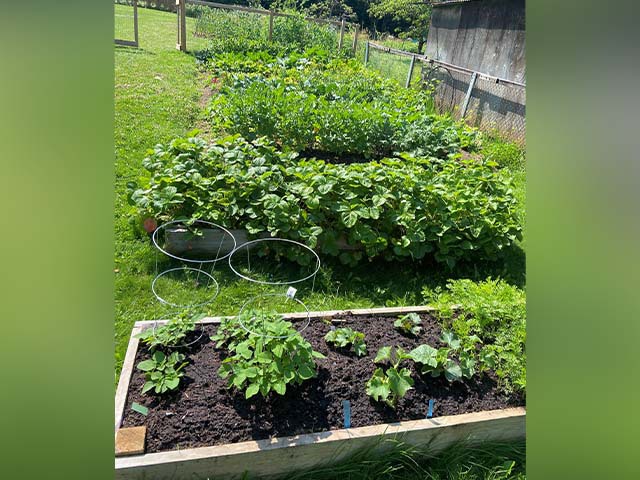
“I am slowly turning my lawn into a food garden. In one area, I covered the lawn with cardboard boxes for a summer season and then had my brother help me start an old rototiller to till the soil. In another area, I had someone come with a machine to lift off the sod. I’ve been adding soil, manure, and peat for three seasons now. My vegetable patch has started feeding friends and neighbours! I’ve also planted fruit trees, currant bushes, and raspberry and blackberry canes.
– Danielle Billey, Terrace, Primary Care and Community Health Dietitian, Northern Health
Start small or dream big!
Most of us make changes one step at a time, taking action when able, and slowly shifting our patterns. Others dream big.
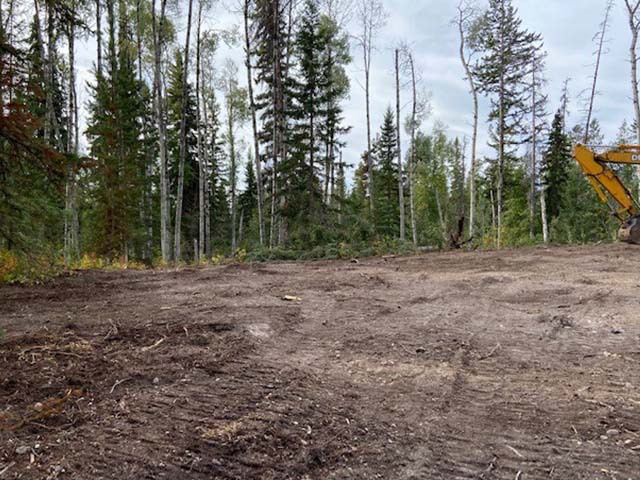
“I am planning to build a net zero house in Fraser Lake, where I can grow my own vegetables and fruit. This will include a greenhouse that is heated in winter with solar panels, where I can grow fruit trees and plants like figs, kiwi, and grapes. My goal is to live as self-sufficiently as I can and to produce as little waste as I can.”
– Nicoletta Weber, Prince George, Clinical Dietitian, Northern Health
What speaks to you?
What steps are you taking, or hoping to take, to support more sustainable food systems? There are many options: explore ways to put more local food on the menu, go berry picking, join a community garden, reduce food waste by sharing with others or organizing your food storage…the list goes on.
Find more inspiration in these Northern Health Stories:
- Food: Connecting family, community, and culture in Haida Gwaii
- Local eating: Accessing local food in Northern BC
- Planting seeds for healthy eating: Easy ways to grow food with kids
- At school - Thinking outside the garden box: Getting creative with growing food
- “Becoming a farmer made me a better dietitian”: Dena Leier shares her story

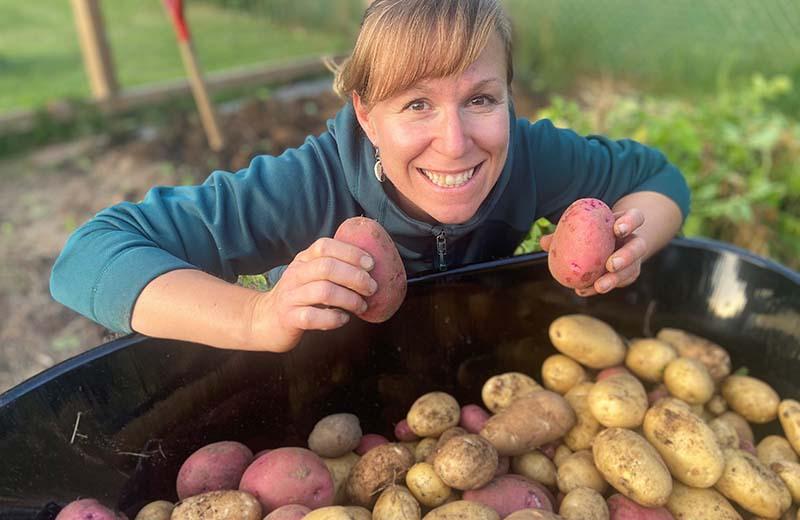












Comments